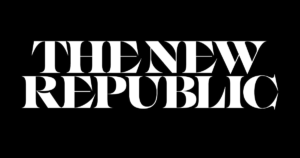
The bill, which Speaker Mike Johnson described as an attempt “to crack down on antisemitism on college campuses,” was met with fierce criticism from leading Democrats in Congress.
Speaker of the House Mike Johnson (R-La.) gives closing remarks during the Hill and Valley Forum on AI Security on May 1, 2024, in Washington, D.C.
(Photo by Anna Moneymaker / Getty Images)
Antisemitism, as Albert Einstein warned almost 90 years ago, is “an omnipresent enemy.” It must be confronted with seriousness and moral clarity, explains Jerry Nadler, the most senior Jewish member of the US House of Representatives. Nadler, who represents a New York City district with one of the largest Jewish populations in the United States, has for decades supported every effort to “genuinely counter the scourge of antisemitism.” But he did not support the bipartisan Antisemitism Awareness Act, which the House of Representative passed Wednesday by a 320-91 vote, as part of what Speaker Mike Johnson, Republican of Lousiana, described as “a House-wide effort to crack down on antisemitism on college campuses.”
Why did Nadler, a Democrat whose district includes or adjoins a number of college campuses that have been scenes of protests and encampments by students seeking peace and justice for Palestinians, cast an emphatic “no” vote? Because, says the former chair of the House Judiciary Committee, “this legislation threatens freedom of speech, one of our most cherished values, while doing nothing to combat antisemitism.”
In particular, the House bill, adopts a definition of antisemitism that could be used to penalize criticism of Zionism, which many Jews oppose, and the actions of the state of Israel. Many Jews have condemned Israel’s policies, including independent US Senator Bernie Sanders of Vermont, who on Thursday warned Congress against accepting an argument made by Israeli Prime Minister Benjamin Netanyahu “that equated criticism of his government’s illegal and immoral war against the Palestinian people with antisemitism.” Sanders, who lost much of his family in the Holocaust, counseled against falling for claims that “if you are protesting, or disagree with what Netanyahu and his extremist government are doing in Gaza, you are an antisemite.”
“That is an outrageous statement from a leader who is clearly trying—and I have to tell you, he seems to be succeeding with the American media—trying to deflect attention away from the horrific policies that he is pursuing that created an unprecedented humanitarian disaster,” said the senator. “So, let me be as clear as I can be: It is not antisemitic or pro-Hamas to point out that in almost seven months Netanyahu’s extremist government has killed 34,000 Palestinians and wounded more than 77,000—seventy percent of whom are women and children.”
Nadler brought all these issues into perspective with a floor speech opposing what he damningly dismissed as “political theatrics” by Johnson and top Republicans in the House, who gained the support of many Democrats for their Antisemitism Awareness Act. Calling out the hypocrisy of GOP leaders who rushed consideration of the measure as a response to the proliferation of Gaza solidarity encampments on campuses nationwide, the New York representative cut through the spin and announced:
Current Issue

If my Republican colleagues were serious about antisemitism, they would have spoken up after Neo-Nazis in Charlottesville chanted that, quote, “Jews will not replace us.”
If my Republican colleagues were serious about antisemitism, they would have spoken up when President Trump declared that there were, quote, “very fine people on both sides” of that rally, or when he said that the Charlottesville rally was a “little peanut” compared to ongoing campus protests regarding the Israel-Gaza war.
We hear nothing from our Republican colleagues when some conservatives repeat antisemitic tropes about George Soros or others.
I say to my Republican friends, for too long, your selective silence on these matters has been deafening.
Nadler’s detailed and powerful speech should have been headline news after Wednesday’s vote. At a time when Republican members of Congress, billionaire right-wing donors and their allies in academia, and the media are launching a fierce assault on campus free speech—as part of a transparent election-year effort to further divide the electorate —Nadler emerged as a voice of reason who, from his decades of experience, raised the alarm about a chilling assault on the right to dissent.
More than 2,000 college students, faculty members, and their allies have been arrested on campuses in recent weeks. The numbers are rising daily, as generally peaceful Gaza solidarity encampments are targeted by college administrators and the police, often in response to pressure from Republican legislators and operatives. One such operative is former Wisconsin governor Scott Walker, who since his reelection defeat has served as president of Young America’s Foundation, a right-wing effort focused on campuses. Walker, who like many conservatives used to make a big deal about academic free speech, has responded to the tens of thousands of students who are exercising free-speech rights at colleges and universities across the country with the meme “Arrest Them, Remove Them. Expel Them.”
The Republican fabulists are neglecting the fact that the campus protests include many Jewish students, as well as Muslims, Christians, and nonbelievers, and that they are supported by groups such as Jewish Voice for Peace, If Not Now, and members of Rabbis for Ceasefire. Arkansas Senator Tom Cotton referred this week to the student encampments as “the little Gazas that have risen up on campuses across America,” which he dismissed as “disgusting cesspools of antisemtic hate full of pro-Hamas sympathizers, fanatics and freaks.” Cotton, whose disregard for civil liberties and democracy is well-established, has a long history of trafficking in false narratives. But this rejection of freedom-of-speech standards that are as old as the American experiment is gaining traction in Congress, as the House vote illustrates.
This has got thoughtful members, like Nadler, worried. “There is no excuse for bigotry, threats, or violence directed at anyone, anywhere, and it is imperative that we confront the scourge of antisemitism,” he said. But regarding the legislation that so many Republicans and Democrats embraced Wednesday, Nadler argued that it is not the answer. Indeed, he explained, “this bill threatens to chill constitutionally protected speech.”
That’s because the House measure is not merely an example of election-year grandstanding. Nadler said the bill’s
core provision would put a thumb on the scale in favor of one particular definition of antisemitism—to the exclusion of all others—to be used when the Department of Education assesses claims of antisemitism on campus.
This definition, adopted by the International Holocaust Remembrance Alliance, or IHRA, includes “contemporary examples of antisemitism.” The problem is that these examples may include protected speech, in some contexts, particularly with respect to criticism of the State of Israel.…
Speech that is critical of Israel—alone—does not constitute unlawful discrimination. By encompassing purely political speech about Israel into Title VI’s ambit, the bill sweeps too broadly.
Of particular concern, notes the American Civil Liberties Union, is the fact that the bill directs the Department of Education to consider “an overbroad definition of antisemitism that encompasses protected political speech when investigating allegations of discrimination under Title VI of the Civil Rights Act.… this could pressure colleges and universities to restrict student and faculty speech critical of the Israeli government and its military operations out of fear of the college losing federal funding.”
Nadler highlighted the ACLU’s concerns in his speech, while also noting, “Even the IHRA definition’s lead author, Kenneth Stern, opposes codifying this definition for this reason.”
The logic employed by Nadler was compelling, and he was not alone in voting “no.”
Among the 70 House Democrats who opposed the measure were a number of Jewish members, including Vermont Representative Becca Balint, whose grandfather died in the Holocaust and who was the first Jewish member of the current Congress to call for a cease-fire in Gaza. So, too, did the youngest Jewish member of the House, California’s Sara Jacobs, who said:
“I’ve experienced antisemitism all my life. I’ve been called a kike while I was waiting for a drink at a bar when I was at college. I’ve heard too many ‘jokes’ to count about my frizzy hair and my big nose. I remember my classmates who thought it was funny to say people were ‘being Jewed’ when someone was being frugal. I know the hatred and ignorance that lie behind all these comments, and how they can quickly escalate into violence—and I’m deeply concerned about the rise of antisemitism in San Diego and across the country. But I do not believe that anti-Zionism is inherently antisemitism.”
The California representative added, “I support Israel’s right to exist, but I also know many people who question whether Israel should exist as a Jewish state who are deeply connected to their Judaism.”
Popular
“swipe left below to view more authors”Swipe →
These House Democrats were joined by Illinois Representative Jan Schakowsky, who has been one of the leading advocates in the House for Holocaust remembrance initiatives.
Schakowsky said the new legislation “does absolutely nothing to counter antisemitism and is another Republican attempt to pit the Jewish community and Democrats against each other.”
That’s a point that Nadler made in his floor speech, arguing that Republicans should back the Biden administration’s National Strategy to Counter Antisemitism, and increase funding to support legitimate enforcement actions by the Office for Civil Rights at the Department of Education—not fiddling with definitions that no one is going to agree on. If members of Congress genuinely believe “that combating antisemitism is more than a convenient talking point in your politically motivated crusade against institutions of higher education,” Nadler said, then it’s time to “move beyond pointless gestures and posturing and actually help us protect Jewish students.”
Thank you for reading The Nation!
We hope you enjoyed the story you just read, just one of the many incisive, deeply-reported articles we publish daily. Now more than ever, we need fearless journalism that shifts the needle on important issues, uncovers malfeasance and corruption, and uplifts voices and perspectives that often go unheard in mainstream media.
Throughout this critical election year and a time of media austerity and renewed campus activism and rising labor organizing, independent journalism that gets to the heart of the matter is more critical than ever before. Donate right now and help us hold the powerful accountable, shine a light on issues that would otherwise be swept under the rug, and build a more just and equitable future.
For nearly 160 years, The Nation has stood for truth, justice, and moral clarity. As a reader-supported publication, we are not beholden to the whims of advertisers or a corporate owner. But it does take financial resources to report on stories that may take weeks or months to properly investigate, thoroughly edit and fact-check articles, and get our stories into the hands of readers.
Donate today and stand with us for a better future. Thank you for being a supporter of independent journalism.
Thank you for your generosity.
More from The Nation
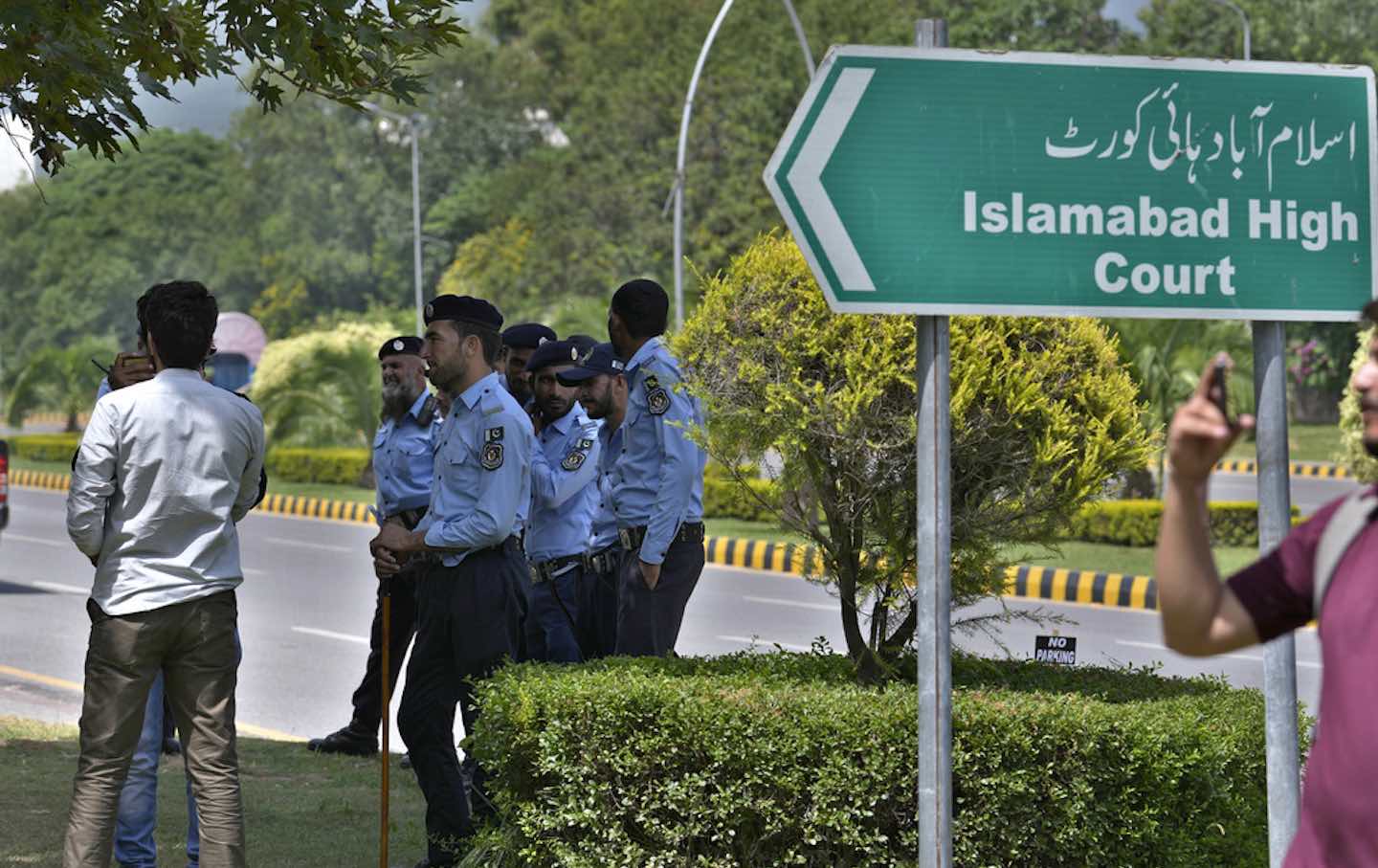
Six judges alleged that the Pakistan Army attempted to influence their verdicts, with now-imprisoned former prime minister Imran Khan at the center of the controversy.
Hasan Ali
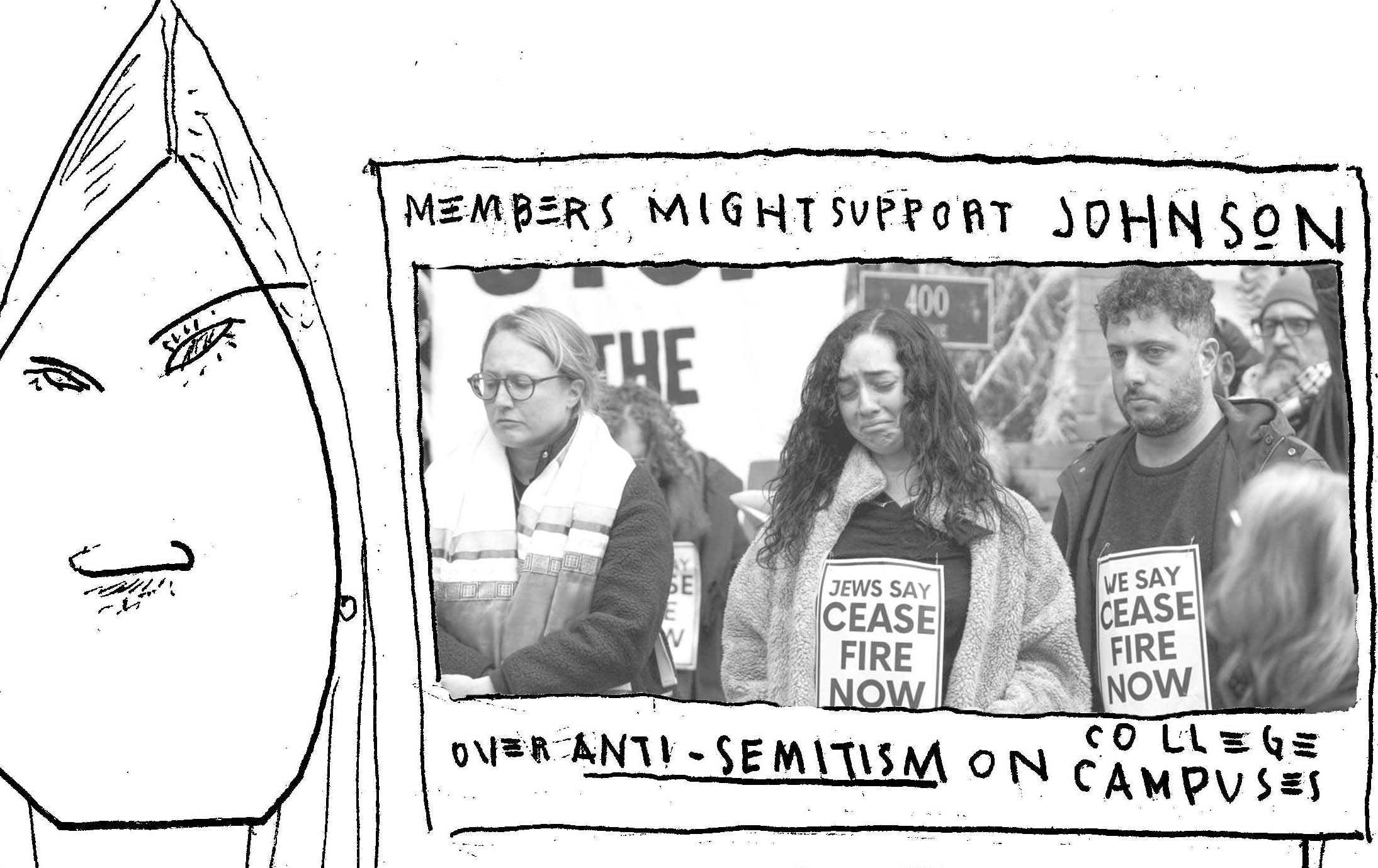
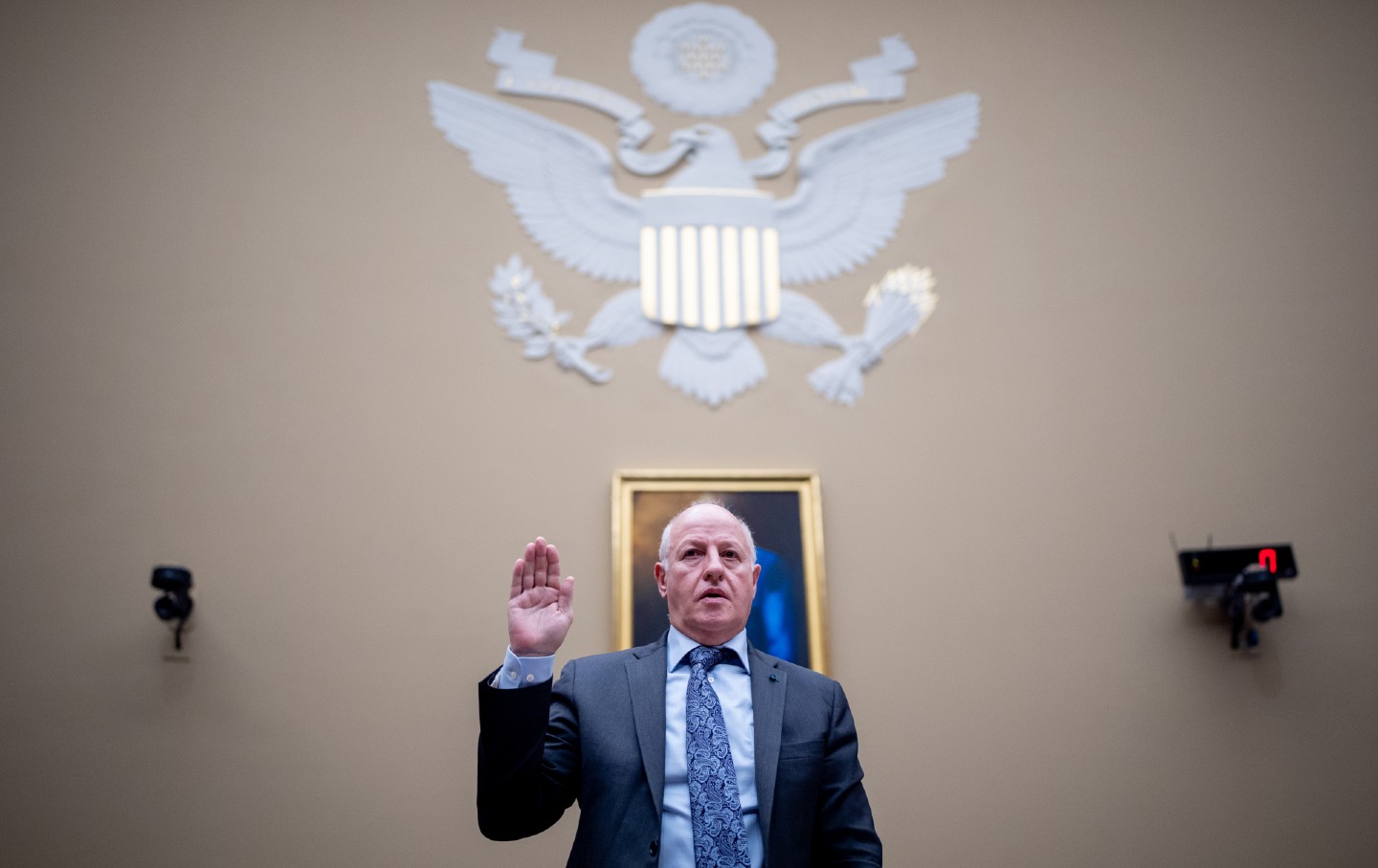
Peter Daszak is a high-profile virologist with close ties to the Wuhan Institute of Virology. That relationship landed him in front of Congress this week.
Jimmy Tobias

With the “outside agitator” narrative, the media and politicians are puking up the worst of this country’s past.
Dave Zirin
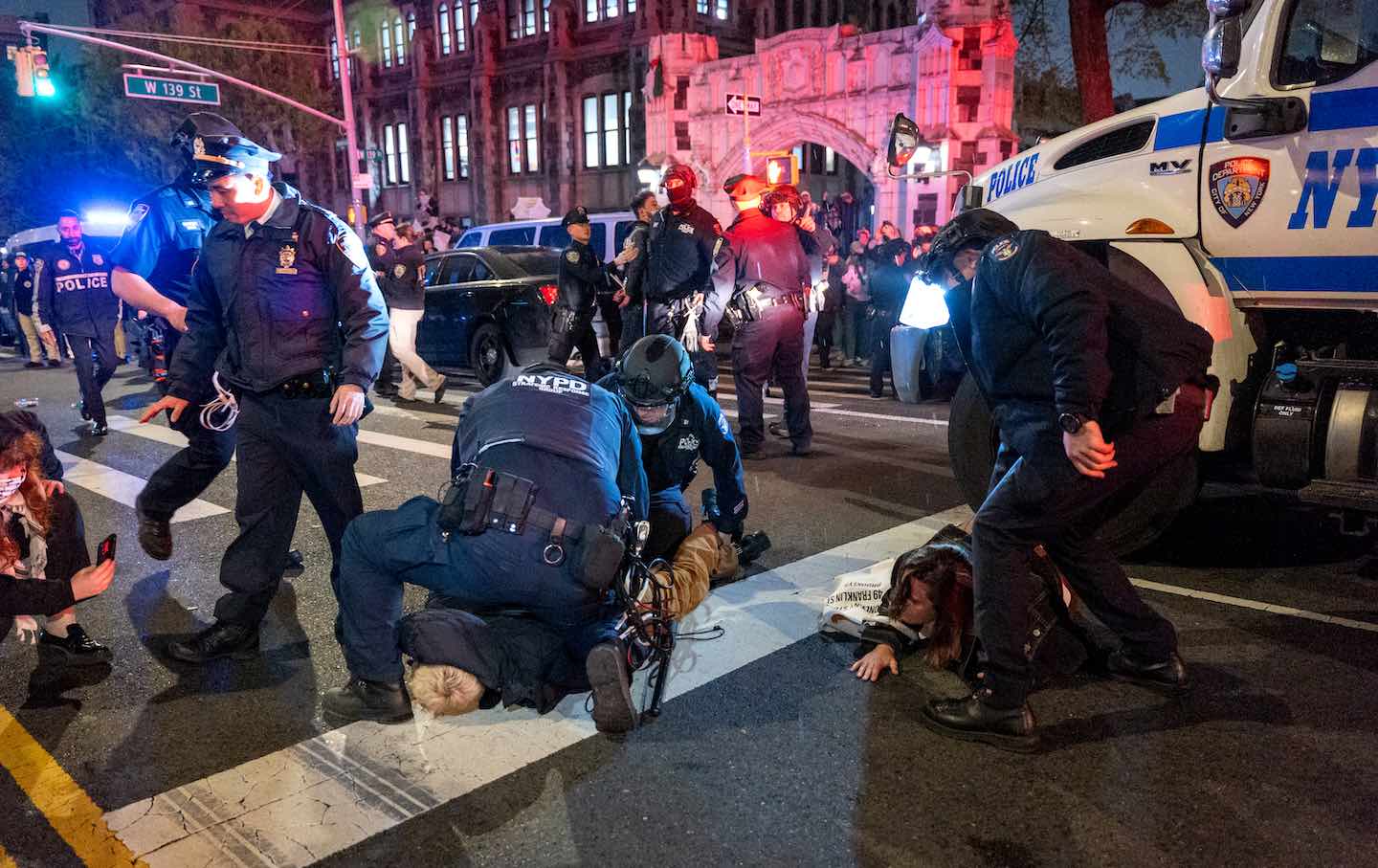
Protesters against US involvement in Israel’s war on Gaza may not always get the details right, but they’re on the right side of history.
Left Coast
/
Sasha Abramsky
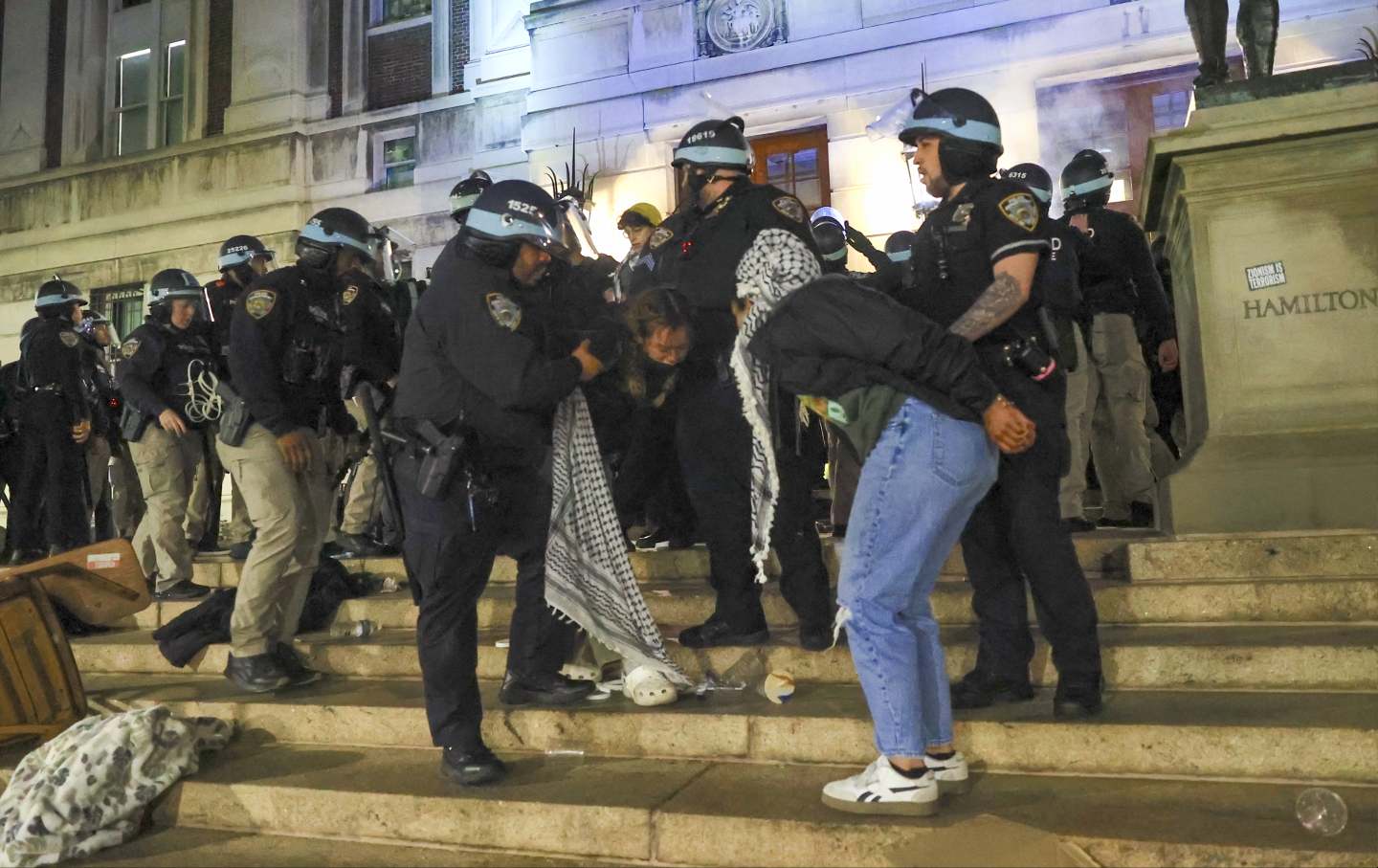
Young reporters at WKCR showed what real journalism is all about while their cable news counterparts were uncritically passing along propaganda.
Zito Madu


